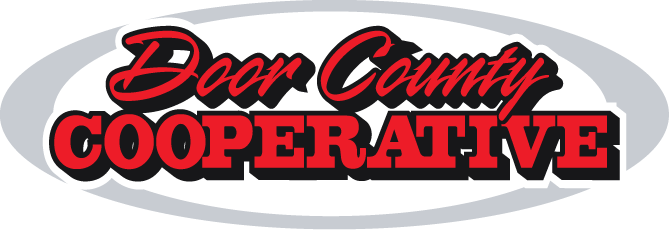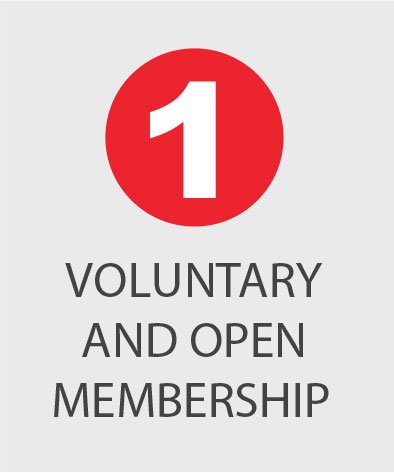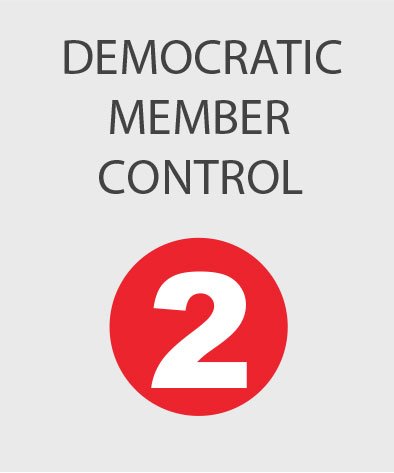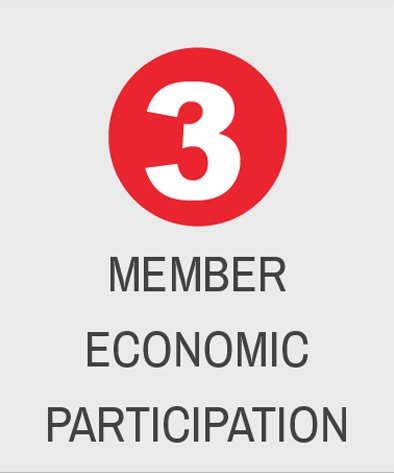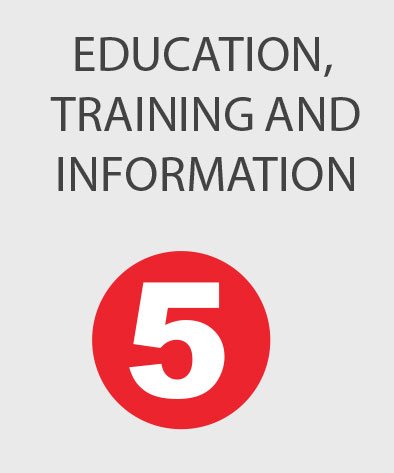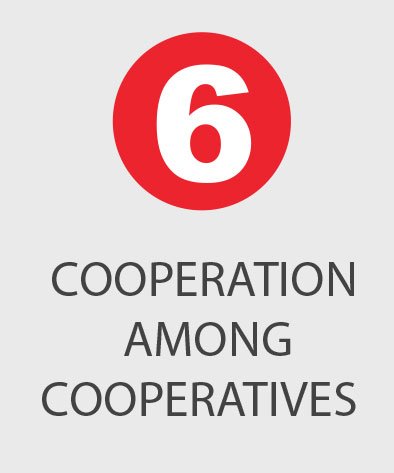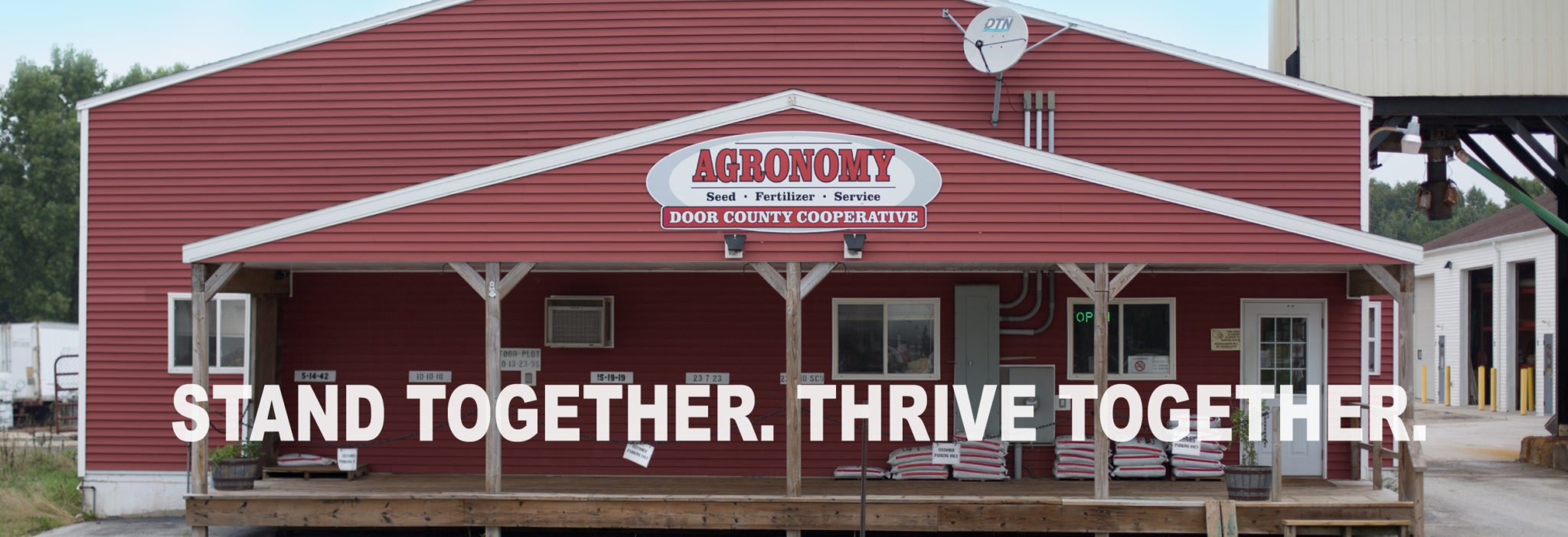
COOPERATIVE VALUES
THE DOOR COUNTY COOPERATIVE IS OWNED BY
MEMBERS AND PROFITS ARE RETURNED TO
MEMBERS THROUGH DIVIDEND PAYOUTS. OUR
MEMBER/OWNERS VOTE FOR BOARD MEMBERS
AND CAN PARTICIPATE IN GOVERNANCE OF THE
COOPERATIVE.
OUR HISTORY
-
1939
-
1939
-
1939
-
1940
-
1940
-
1940
-
1941
-
1942
-
1943
-
1943
-
1943
-
1944
-
1947
-
1947
-
1952
-
1953
-
1954
-
1960
-
1963
-
1965
-
1966
-
1968
-
1969
-
1970
-
1974
-
1975
-
1976
-
1977
-
1979
-
1980
-
1981
-
1983
-
1983
-
1984
-
1985
-
1985
-
1985
-
1987
-
1988
-
1988
-
1990
-
1991
-
1993
-
1993
-
1996
-
1996
-
1996
-
1997
-
2000
-
2001
-
2001
-
2002
-
2002
-
2003
-
2004
-
2006
-
2007
-
2008
-
2009
-
2010
-
2013
-
2013
-
2016
-
2017
-
2017
-
2019
PRESIDENT & CEO
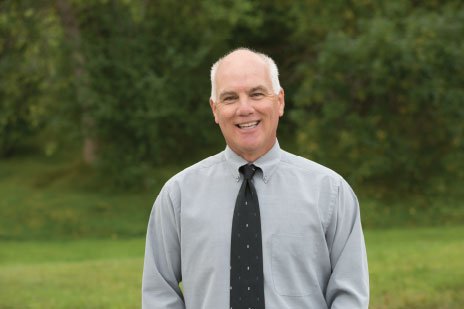
BOARD OF DIRECTORS
NOMINATED AND ELECTED BY MEMBERS


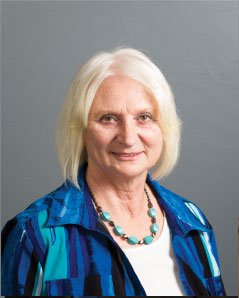
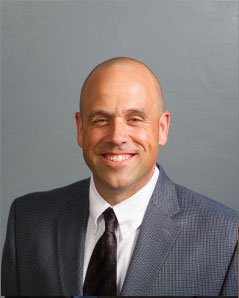
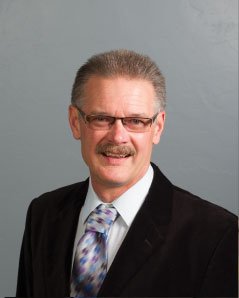
7 PRINCIPLES OF
COOPERATIVES
Cooperatives are formed by people looking for solutions to shared problems. They are open to all who use or provide their services and are willing to accept the responsibilities of membership.
Cooperatives are controlled by those who use or provide the co-op's goods and services. Each member gets one vote to help make the organization's policies and decisions.
Members equally "buy in" and democratically control the cooperative's capital based on the amount of business they conduct rather than the dollars they invest.
Cooperatives are independent, self-help organizations. If a co-op enters into an outside agreement or raises external capital, it still retains autonomy and democratic control.
Cooperatives train their members, directors, and employees so they can best contribute to the co-op's development. They also educate the general public about cooperatives.
Cooperatives work together through strong local, national, regional, and international structures to most effectively serve their members.
Cooperatives focus on local development through policies and programs directed by their members.
